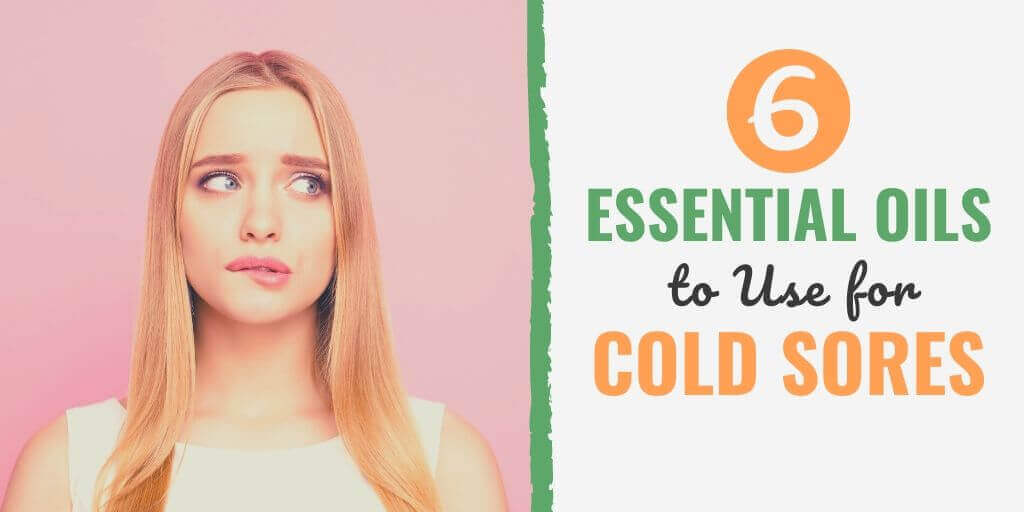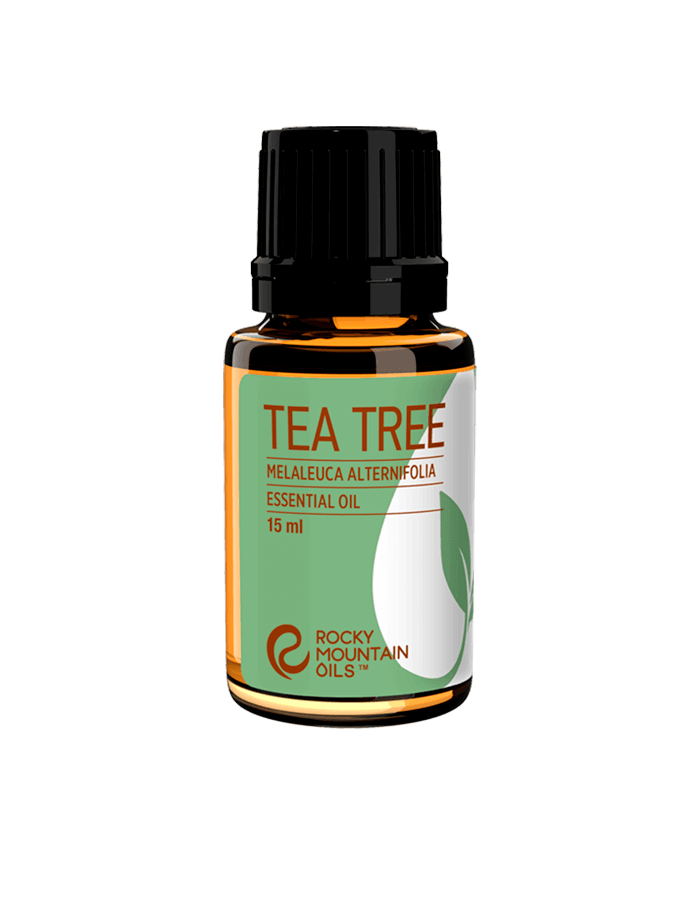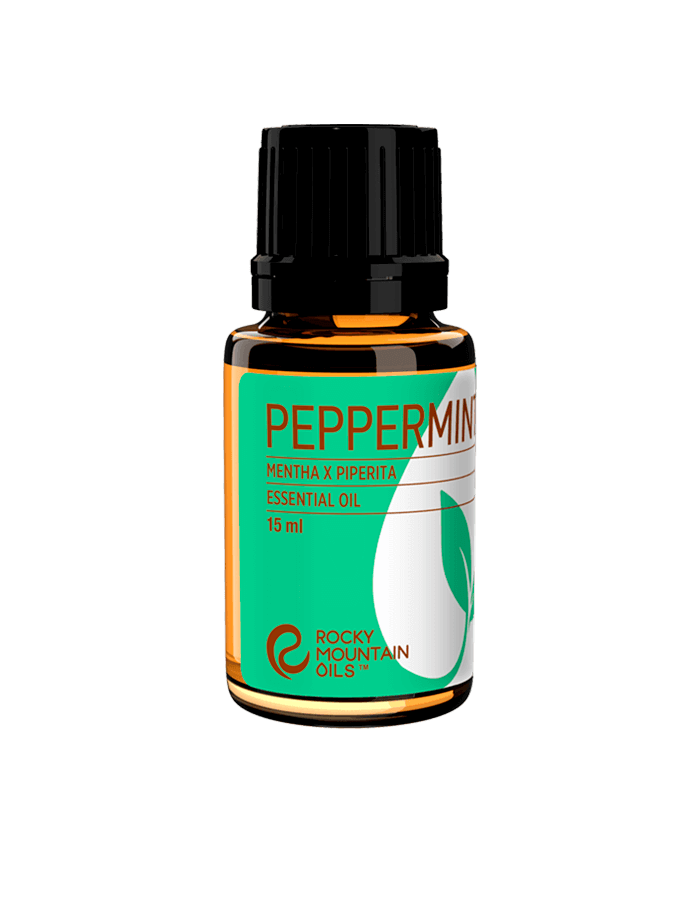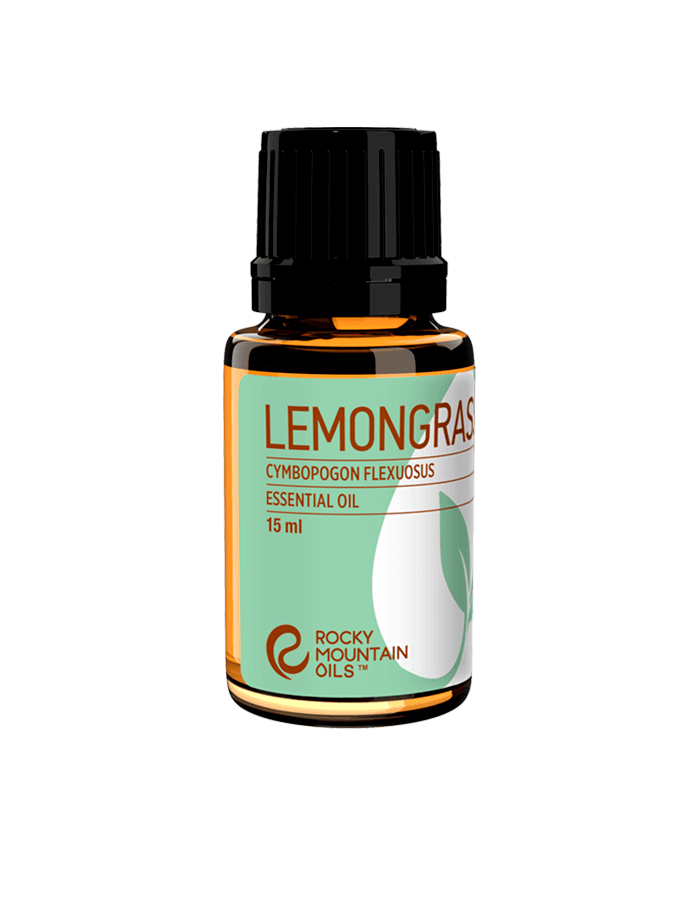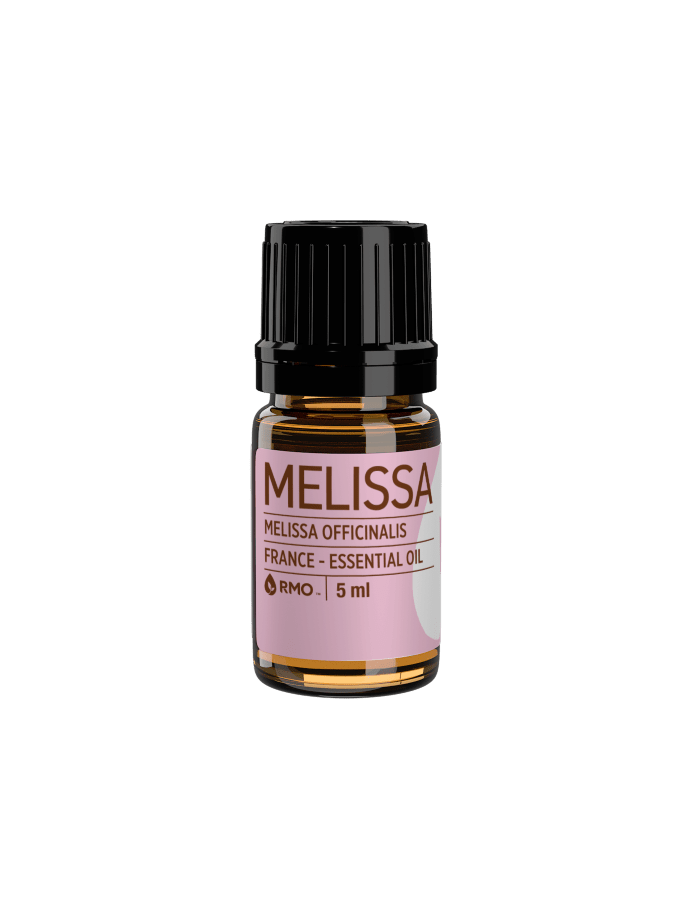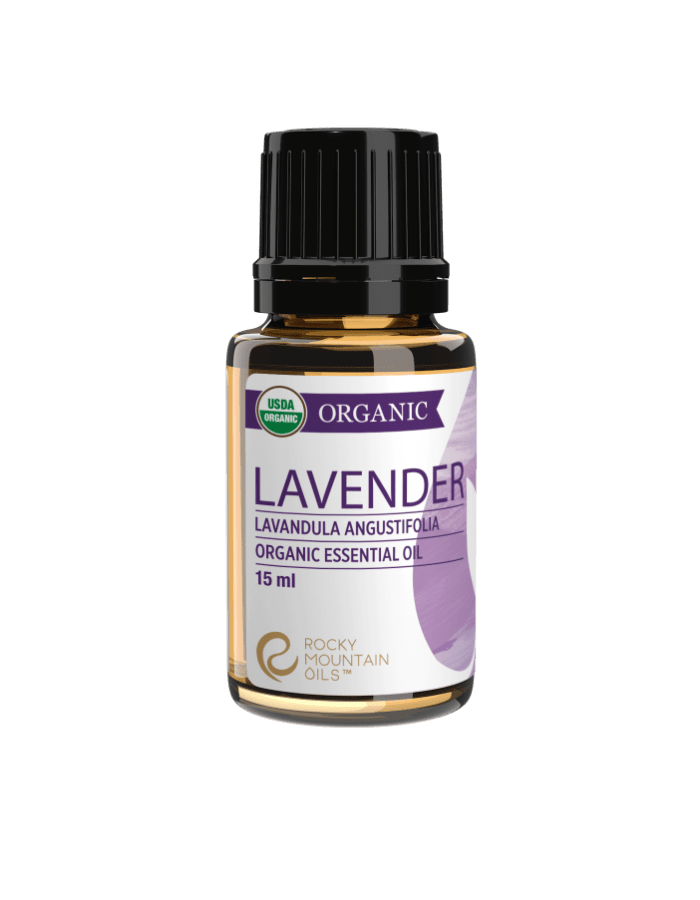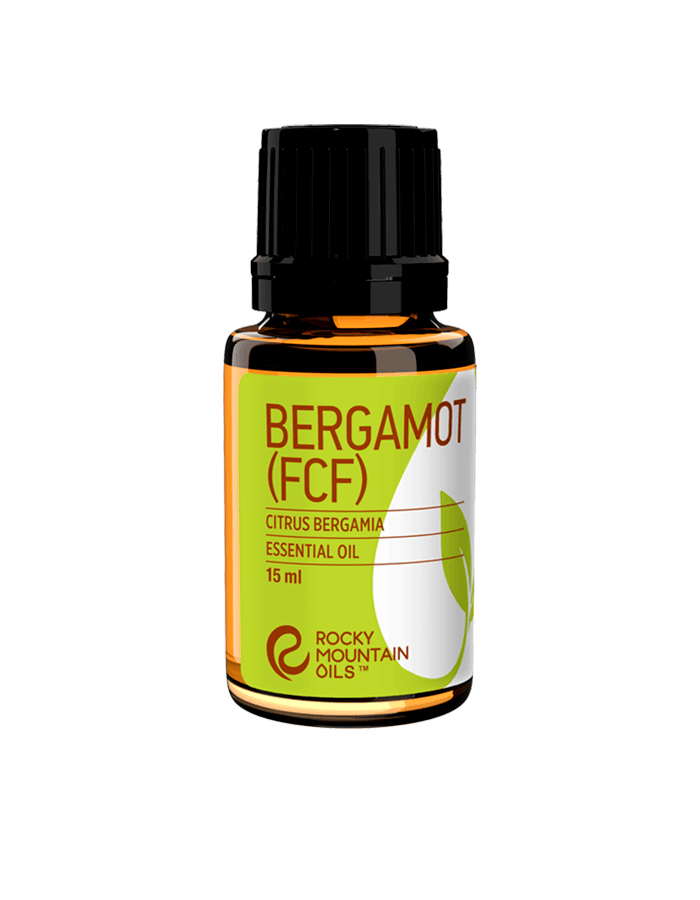It’s frightening to wake-up with painful, infectious cold sores.
The blisters stick out like a sore thumb; and cold, glaring eyes at your face leaves you intimidated.
Even social interactions ignite anxiety, and you aren’t sure if people are interested in what you say or fixated on your cold blisters.
After playing detective, you’ve discovered the greatness of essential oils. But, like a newly delivered baby, you remain innocent of the ‘what’ and ‘how’ of it all.
Kudos to you!
For a quick look at the essential oils suggested for cold sores, check out the list below.
- Rocky Mountain Oil Tea Tree Essential Oil
- Rocky Mountain Oil Peppermint Essential Oil
- Rocky Mountain Oil Lemongrass Essential Oil
- Rocky Mountain Oil Melissa Essential Oil
- Rocky Mountain Oil Lavender Essential Oil
- Rocky Mountain Oil FCF Bergamot Essential Oil
Maybe one day you’ll become the next Sherlock Holmes. Your detective work led you to a reliable source.
This post recommends some of the best essential oils for cold sores (according to research) and how to use them.
But first, let’s talk a bit about how essential oils can help with cold sores.
How Essential Oils Can Help Your Cold Sores
To solve problems, scientists work to unravel their source or origin. That’s the approach we’ll take for your cold blisters. It’s important to know what causes cold sores in order to use essential oils against them.
‘Cold sore’ is the byname of oral herpes, a condition caused by the herpes simplex virus 1 (HSV-1). HSV-1 causes oral herpes, while the notorious HSV-2 is the evil behind genital herpes. But, make no mistake; science clearly shows that HSV-1 can cause genital herpes, and the reverse.
It’s a complex subject, to which I prefer not to digress.
Let’s stick to those cold sores, shall we?
Cold sores are caused by the herpes simplex virus 1, got that?
With the onset of cold sores, you likely experienced itching, pain, tingling, tiredness, and the list continues. Essential oils treat cold sores at the symptomatic level.
For every ill-symptom that comes about from a cold sore, there’s an essential oil to match that.
Are you still with me?
Great!
Studies have shown several essential oils’ effectiveness against cold sores. As a matter of fact, to whet to your appetite for what’s to come, a study revealed that lemongrass essential oil completely inhibited replication of HSV-1 —at low concentrations at that!
We’ll dig into the heart of things, so get your basket ready to catch nuggets of wisdom.
To help you deal with cold sores, the recommended essential oils from Rocky Mountain Oils (RMO) are worth exploring. We mainly recommend these oils, because we believe that 100% pure essential oils are necessary to reap the benefits of aromatherapy, and that’s what RMO delivers. Feel free to read more about how you can identify fake and pure oils.
6 Essential Oils to Use for Cold Sores
1. Rocky Mountain Oil Tea Tree Essential Oil
Tea tree (melaleuca alternifolia) isn’t the kingpin oil of this post, but it does have mild viricidal activity against HSV-1.
Translation?
When used as a lone soldier to wage war against cold sores, don’t expect fireworks bursting with excitement in the sky.
Melaleuca might not perform beyond average when used alone, but you can add to its potency.
I find this aspect of aromatherapy incredible. Where one essential oil falls short, simply add another —or two— to pick up the slack.
Two heads are better than one, right?
Well, let’s strengthen tea tree’s effectiveness by marrying it with another oil.
What a pair!
How to Use:
I chose to marry tea tree with true lavender oil (Lavandula angustifolia) because it has its own anti-viral action against HSV-1.
You’ll need to remake this blend as often as needed, since a single application isn’t sufficient to get the results you want.
Combine 20 drops each of true lavender and melaleuca essential oil in a teaspoon (5 ml) of St. John’s Wort oil.
Note: As cold sores are aggressive, you may opt to apply a blend of tea tree and lavender oil undiluted to affected areas. For hypersensitive skin, discredit this section and continue with the above recipe by diluting.
When applying to infected areas, use a Q-tip cotton swab. The herpes simplex virus-1 can spread to others on contact, and infection can be transferred to different areas of the skin.
Once dabbed on to the affected area using both ends of the Q-tip, it should be discarded.
Use this blend 3 times daily on cold sores appearing on the outside of the mouth.
2. Rocky Mountain Oil Peppermint Essential Oil
A study revealed that peppermint essential oil inhibited HSV-1 and HSV-2 virions.
As a matter of fact, exceptionally high viricidal activity was shown against each different strain of the herpes simplex virus. Just after 3 hours of HSV-1 incubation with peppermint oil (Mentha x piperita), an interaction was obvious.
Antiviral activity of up to 99% was demonstrated using the oil. With some HSV resistance to popular antiviral drugs like acyclovir, extensive research definitely should be in the pipeline to weigh peppermint oil’s effectiveness against the virus.
But, while mainstream medicine weighs in the balance, let’s whip up a quick and safe blend using peppermint.
Once used in appropriate doses several times a day, your cold sores could clear up in no time.
How to Use:
Combine 3 drops of peppermint and 10 drops of niaouli ct. linalool (Melaleuca quinquenervia ct. linalool) in a teaspoon of neem oil.
This isn’t your typical floral-scented blend, especially with the addition of neem oil.
Hate the aroma?
Ditch neem and replace with extra virgin olive oil or St. John’s Wort carrier oil.
I chose neem oil as a diluent because it has antiviral properties, specifically against the herpes simplex virus-1.
Apply to affected area 2 times daily using a Q-tip (you know the drill).
You may use this blend on cold sores inside of the mouth.
Safety Notes:
This blend isn’t safe for use on infants and children. Don’t use if you suffer from cardiac fibrillation and G6PD deficiency.
This blend should not be used inside the mouth on cold sores if you suffer from cholestasis or gastroesophageal reflux disease. These safety notes are required because of peppermint oil’s use in this blend.
If you have any of the conditions above but would like to use this blend, you may replace peppermint essential oil with spearmint (Mentha spicata). These oils are like cousins.
3. Rocky Mountain Oil Lemongrass Essential Oil
Research shows that lemongrass essential oil may well be one of the best essential oils to use against HSV-1 infection.
The antiviral activities of lemongrass interacted directly with HSV-1 virions and prevented them from making copies and spreading like wildfire. This action of lemongrass oil gives you a fighting chance against spreading the virus to other areas of the body.
Are your cold sores recurring and fierce?
Lemongrass oil (Cymbopogon flexuosus) is a worthy contender to use.
How to Use:
Combine 1 drop of lemongrass, 4 drops of lavender, and 5 drops of tea tree in a teaspoon (5 ml) of St. John’s Wort oil. Apply to infected areas.
Safety Notes: Avoid adding to blisters in the mouth if pregnant, taking diabetes medication, or using drugs metabolized by CYP2B6. This blend shouldn’t be used on children below the age of 6.
Combine 1 drop of lemongrass oil and 3 drops of lemon-eucalyptus oil (Corymbia citriodora) in 2 teaspoons (10 ml) of ethanol (95-100%). Mix thoroughly and leave for about an hour to ensure the mixture solubilizes.
To use, add a bit of the solution to a cotton pad and gently wipe over blisters to clean them.
If you have hypersensitive skin, add 5 ml of water to the blend before application. If cloudiness occurs after adding water, that’s fine.
Safety Notes: This blend should be used on external cold sores. Don’t use topically on children below the age of 6.
4. Rocky Mountain Oil Melissa Essential Oil
‘Melissa’ sure does sounds like the name of a tender, soft-spoken woman, but the essential oil wearing this name is fierce and loud.
Major components of melissa oil –geranial and neral— are identical to those found in lemongrass oil. In its own right, lemon balm is a force to reckon with when matched against the virus that causes cold sores.
A study showed the oil’s wonderful, anti-viral action against HSV-1, but that’s not why it won a shout out in this post.
As the herpes virus is a long-life situation, even after a cold sore is gone, it’s not uncommon for the virus to lay dormant. This means that it can reactivate after a period of time.
Now, I’m no doctor, but I’m positive that chronic stress can trigger or reactivate HSV-1 and cause another infection.
Growing up, I’ve often been told that it’s better to ‘prevent’ a situation, rather than find a ‘cure’. If you’ve noticed throughout the years that you’re always hit with cold sores, it might be as a result of uncontrolled stress.
So, whenever you feel cramped and paralyzed by stress, anxiety, and years of tension, start using melissa essential oil. It could prevent the reactivation of the herpes simplex virus by helping you to manage stress levels.
How to Use:
Pop your diffuser out and get ready to wind down and relax with melissa essential oil. Add to your diffuser 10 drops each of melissa, sweet orange, and geranium essential oils. Diffuse on a regular to evict feelings of overwhelm and tension.
This blend is for topical use. Combine 10 drops of tea tree with 1 drop of melissa oil in a teaspoon of St. John’s Wort oil. Apply 4 times daily.
5. Rocky Mountain Oil Lavender Essential Oil
Lavender oil used as a topical agent, is effective against herpes simplex labialis, results from a study revealed.
Don’t be thrown off by the term ‘herpes simplex labialis’. That’s just another fancy-schmancy name for oral herpes.
A placebo-controlled, randomized trial conducted with the aid of 75 patients showed lavender oil kicking HSV-1 derrière like a boss.
Pardon my French…
When used in a cream, lavender oil (Lavandula angustifolia) improved the rate at which the cold sores healed; reduced the size of blisters and provided pain relief.
This is terrific news, especially if you suffer terribly at the hands of cold sores whenever the virus reactivates.
This floral aromatic is no pushover.
While it does exert strong antiviral activity against HSV-1, lavender has another missile under its belt.
It’s great for itching.
That’s right, when tempted to scratch at cold sores, use lavender oil instead.
A primary way to spread the virus to your loved ones is to pick at it. Don’t give in to the trap. Exercise self-control and apply lavender to the area to tone things down.
How to Use:
This option isn’t dose-specific. The aim is to dab true lavender on to the area using a cotton swab. If your essential oil bottle has a pipette insert, you’ll need to pour the oil on to the cotton swab.
If there’s no pipette insert, simply stick the cotton swab into the bottle. Please don’t dip the same swab twice into your bottle of oil.
While lavender can be used alone for itching, adding peppermint to the blend is also a great option. Combine 5 drops of lavender and 3 drops of peppermint in 5 ml of St. John’s Wort oil.
Dab on to blisters outside of the mouth.
6. Rocky Mountain Oil FCF Bergamot Essential Oil
How about adding a bit of sunshine into your life?
That’s what comes to mind when I think about the liveliness of bergamot essential oil.
Sure thing, the cheerfulness of the citrusy, aromatic oil has nothing to do with HSV-1, but don’t be so quick to dismiss it.
Bergamot (Citrus bergamia Risso) works on your emotional state to dispel stress and anxiety. It’s a nice option to have on hand, especially if you love citrus fragrances.
With the onset of cold sores, you’ll feel a bit malaise and tired. The cheerfulness and uplifting aroma of bergamot will instill a sense of well-being and happiness.
Where you feel drained, bergamot oil swoops in to make you feel better and ease the discomfort.
How to Use:
Enjoy a citrusy and uplifting massage by combining 10 drops of FCF bergamot oil with 10 drops of sweet orange essential oil in a teaspoon (5 ml) of olive oil. Use to massage the back and chest region.
How to Use Essential Oils for Your Cold Sores
You’re not short on options.
Although you can get creative with the oils you choose, topical application trumps every other route. And, let’s be honest, it’s the most practical option.
Topical and inhalation of the oils are the recommended routes for administration, depending on what you’re hoping to accomplish.
Topical Administration
Essential oil compounds interact directly with HSV-1 through topical application and affect the size of cold sores. A remarkable difference should be noticed after continuous use.
Pruritus (or itching) and tingling, are other symptoms tackled through dermal use.
When treating cold sores in children and the elderly, a rule of thumb is to use fewer drops of essential oils. A single drop in a teaspoon of carrier is enough for a child, in cases where you’d use 3 drops for yourself.
Do you have hypersensitive skin? Conduct a patch test before applying to cold sores. If adverse effects (such as an allergic reaction) are encountered, use should be discontinued.
Diffuser
When you choose to diffuse an essential oil, the goal is to enhance psychological health. As you might feel a bit malaise or tired when cold sores resurge, diffusing essential oils lift the spirit.
Since chronic stress can trigger reactivation of the herpes simplex virus, regularly diffusing essential oils with calming and relaxing properties help.
Final Thoughts on Essential Oils for Cold Sores
How effective these essential oil blends are, depends on your level of commitment to continuous use. There are no shortcuts to this. Don’t be deceived into thinking that adding more essential oils to the recommended blends will speed up the process.
Essential oils are highly concentrated and, if not careful, skin irritation can occur after applying to blisters.
Ugly, huge blisters aren’t fun to go around with. Choose from the recommended list of essential oils and find relief, while promoting safety.

Samantha Burris is a full-time creative wordsmith with an insatiable desire for all things essential oil. Years spent learning aromatherapy from Robert Tisserand, Julia Lawless, Jane Buckle, and other moguls within the aromatherapy niche, has equipped her with practical knowledge, with onus on creating safe, synergistic essential oil blends to support her family’s physiological and psychological well-being. It’s her desire to take the plunge and invest in becoming a Clinical Aromatherapist.


